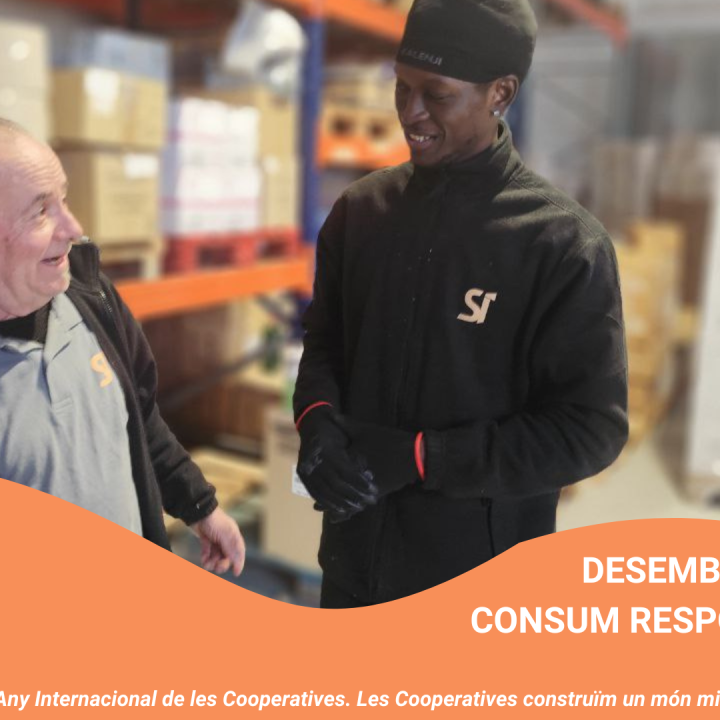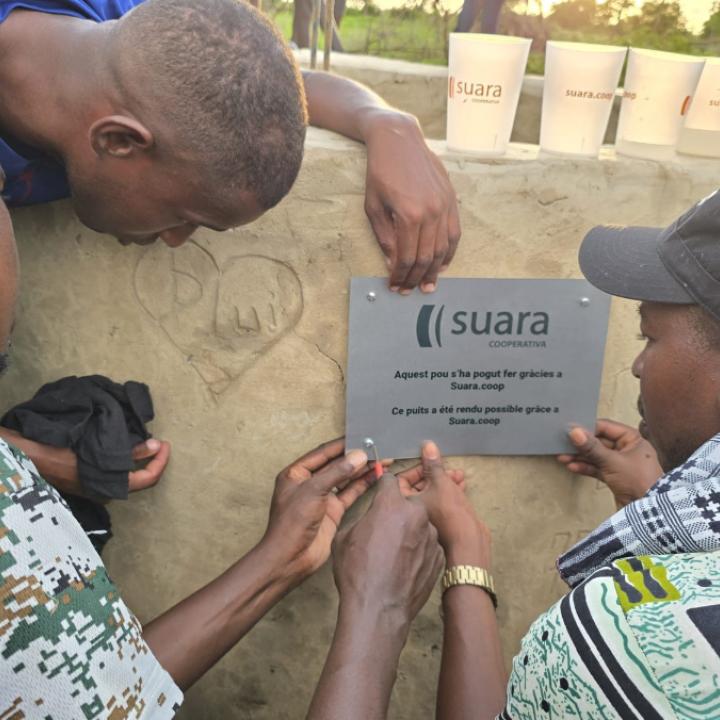Alba Liliana Moreira, Amel Benmahdjoub and Omar Abouleyazid, people who are part of the intercultural mediation team of Suara Cooperativa, tell us about their experience and what this service consists of.
Currently, in the prisons of Catalonia there are around 8,000 people who are mainly men (93.6% of cases), according to figures published by the Institute of Statistics of Catalonia. Data that also indicate that half of the population deprived of liberty is of diverse origin.
For this reason, figures such as Alba Liliana Moreira, Amel Benmahdjoub and Omar Abouleyazid have become essential in the penitentiary centres of Catalonia, where they work as professionals in intercultural mediation, a service that Suara Cooperativa manages in six prisons in Catalonia. But what is their task?
Abouleyazid, with more than eight years of experience in this field, assures that as an intercultural mediator he has several functions: intervening in intercultural conflicts, acting as both linguistic and cultural interpreters, accompanying the treatment team during interviews, carrying out his own individual interviews with the people being treated and group activities.
“In general, we work on group interventions in a transversal way with all nationalities”, highlights Abouleyazid, who adds: “We create a space in a group between the inmates so that they can exchange ideas”.
One of these activities that Abouleyazid has recently carried out is a magazine with a collection of writings where people deprived of their liberty have been able to explain their culture to others in a subjective way. “Culture is not an obstacle, it is how to join the rest”, argues Abouleyazid.
Conflict resolution
Another key function of the intercultural mediator is conflict resolution, highlights Amel Benmahdjoub, who works in a service for women. “We work on the dynamics of conflict resolution and facilitate communication between inmates of foreign nationalities and natives”, assures Benmahdjoub.
To avoid conflict, prior work is needed on the relationship between people deprived of their liberty, but also between them and the workers, argues Alba Liliana Moreira, who together with the innovation team is carrying out a pilot test to implement virtual reality in prisons. “We will use virtual reality glasses or immersive rooms to work on stereotypes that help us prevent intercultural conflicts”, explains Alba Liliana Moreira.
From her point of view, intercultural mediation must also be approached from a prevention perspective. “The field of the culture of peace has to do with proactively and positively preventing possible conflicts that may arise”, defends Moreira.
For his part, Omar Abouleyazid concludes: “We consider ourselves a bridge of communication. Sometimes, even in the same culture, there are problems communicating between people. So we help a lot when there are misunderstandings or distortions, whether between internal people or between them and professionals”.



